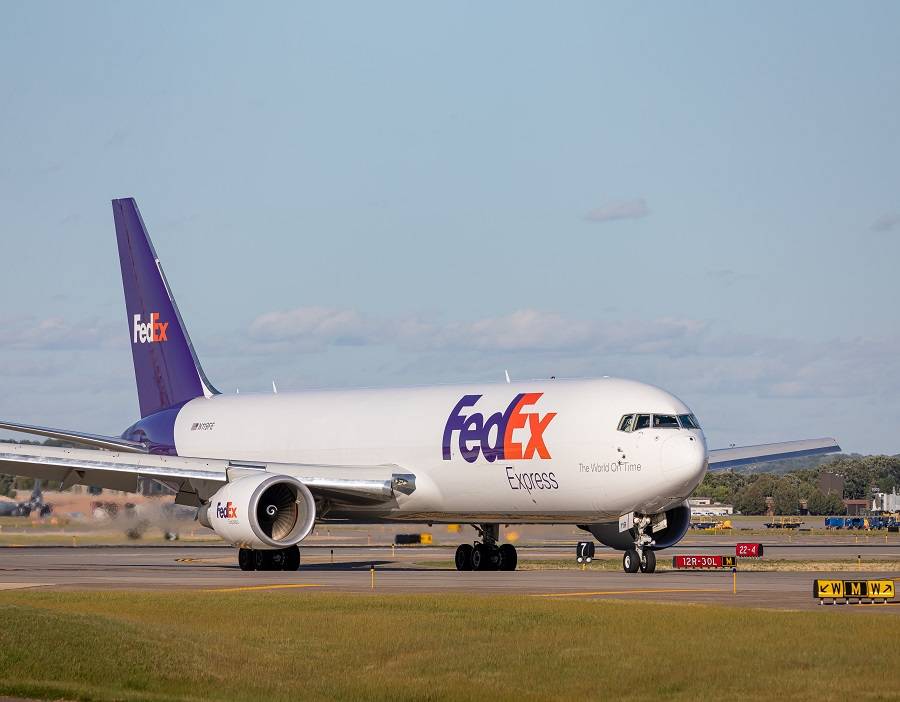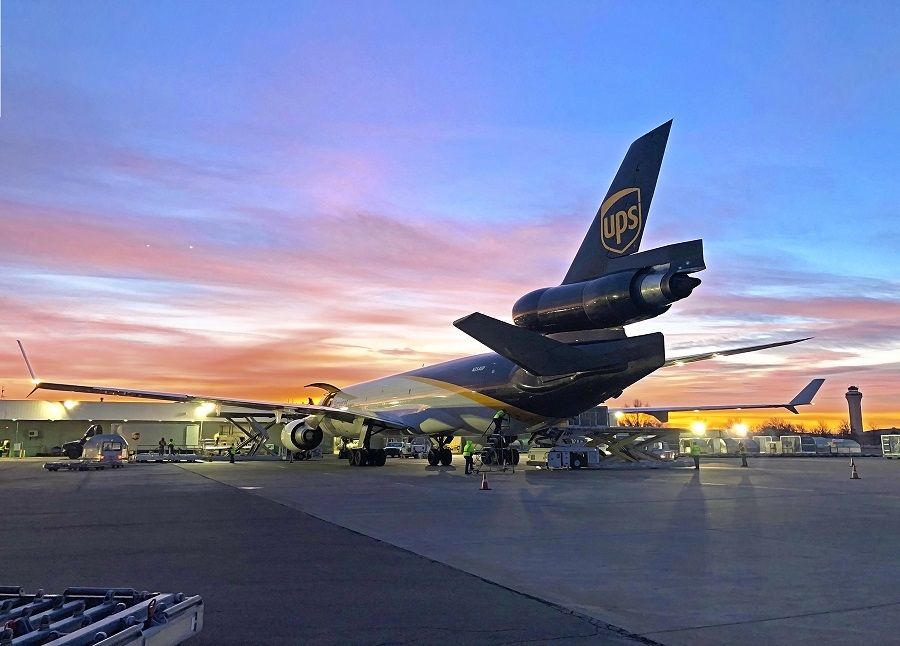With vaccines from Pfizer and Moderna clear for emergency use, US transportation and logistics companies are coordinating a delivery ballet. Thankfully they had time to prepare for it, so it should work very well. As long as all the ballet dancers stay in the performance, that is.
Last Friday, the Food and Drug Administration (FDA) approved the Moderna vaccine for emergency use in the country. Pfizer’s vaccine got its approval a week earlier. Logistics for the two vaccines will differ quite a bit however. There are differences in the temperatures the vaccines need for transportation and storage. But also, the destinations of the vaccines will be different.
Pfizer’s vaccine needs temperatures of -70°C for storage and transportation. For this reason, Pfizer itself is in charge of logistics for its vaccines. The company works directly with cargo companies like UPS and Fedex, both in the air and on the ground. The company has developed its own transportation box, to help the process. This is quite clever, in that Pfizer managed to improve on Boeing’s best estimates for how long dry ice can last on its aircraft!

However managing transportation of something with a need for such low temperatures is still difficult. Hence Pfizer’s insistence on taking charge. The logistics for Moderna’s vaccines are a bit easier. The temperatures are well within the range of existing cooling equipment for aircraft and trucks. However, for now there are fewer production centres for Moderna’s vaccines.
Logistics galore: Origins, Destinations And Routes Of Vaccines Differ!
The other difference in logistics between the two vaccines is where they have to go. Pfizer sends its vaccine doses to large hubs, where its people redistribute it further. Moderna’s vaccines, on the other hand, can go directly to vaccination sites around the country. The process is more direct and easier. In both cases, FedEx and UPS will split their distribution as previously agreed.
Because of the above, authorities prioritized Pfizer’s vaccine for use in hospitals and other large medical sites. Many healthcare professionals have already received the vaccine, and more will continue to get it in the coming weeks. Next in the vaccines’ logistics chain are the elderly. The Moderna vaccine has already began to make its way towards them.

Next is where things get a bit more confusing. A number of companies and groups wish to designate their people as essential workers, who should get the vaccine. Unions representing pilots and cabin crew are among those who believe they should be on the list. Not only are they coming into regular contact with large numbers of the public, they reason, their health is vital in keeping the logistics of the vaccines going.
Groups representing unions for American, United and Delta Air Lines wrote to US officials, to make their case:
“ prioritize aviation frontline workers for allocation of the vaccine in upcoming implementation plan.
“Aviation workers are frontline workers who either encounter the traveling public frequently or are required to perform our work in close proximity to our colleagues and perform our jobs onsite.”
As it did with the Pfizer vaccine, the FAA approved Moderna’s vaccine immediately after it got FDA’s approval.



